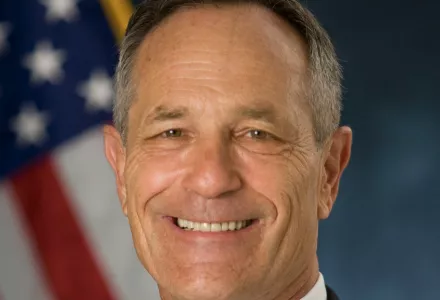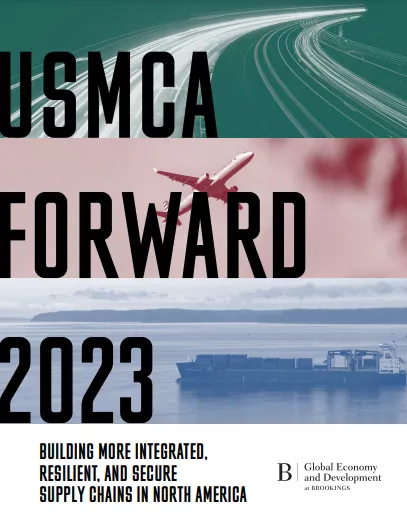Globalization 2.0, Continental Vision, and the Future of North America
Please join Belfer's Homeland Security Project for a lunch seminar featuring Alan Bersin, former Assistant Secretary for Policy & International Affairs and Chief Diplomatic Officer in the U.S. Department of Homeland Security.
Starting in the 1990’s, globalization and the idea of North America germinated and then grew up together. The pandemic a generation later—coupled with the geopolitical splintering of the post World War II international order now underway— has brought the first phase of each to an end. As Globalization 2.0 and North America 2.0 (with USMCA) take shape – in dim outline as yet – new and important opportunities (e.g. the near shoring of manufacturing supply chains) as well as challenges (e.g. surging migrant mobility) are emerging at the North American regional level. Whether and how these opportunities are capitalized upon, or not, by the United States and its neighboring partners in Canada and Mexico, likely will determine the level of prosperity for all of them and the scope of future influence of U.S. leadership in the world. This vision posits a continental North American Region that extends from Colombia to the Arctic and from Bermuda to Hawaii.
This event is open to all Harvard Faculty, Fellows, Staff, and Students. RSVP is requested.



